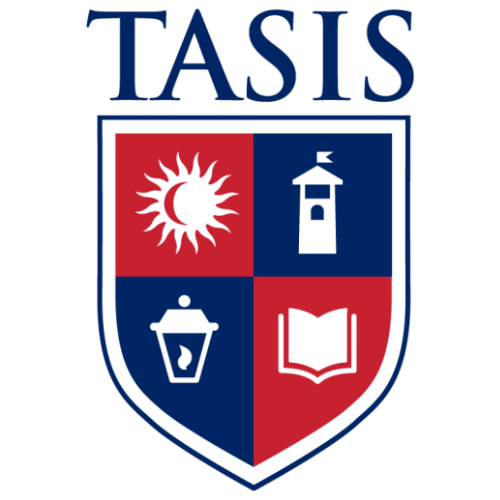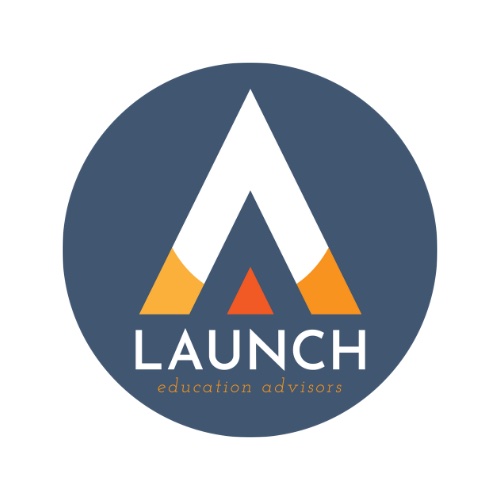by Mary Adams, AWC The Hague & Devinder Buttar, AWC London
World Refugee Day (June 20) is dedicated to raising awareness about people who have been forcibly displaced. Syrian refugees remain the largest known displacement crisis in the world, with 5.6 million registered refugees. Including over 2.5 million children, they are living in Turkey, Lebanon, Jordan, Iraq and Egypt. From 2016–2019, the Target Education project raised over $190,000 to educate and empower Syrian refugee women and girls in Jordan within the Collateral Repair Project (CRP).
Urban refugees face myriad barriers in gaining access to education, ranging from financial constraints, restrictions on children re-entering public education in Jordan and restrictions on adults seeking employment. These barriers prevent school enrollment, full time attendance and upward socioeconomic mobility. But perhaps the biggest challenge for refugees is dealing with the trauma they experienced related to war or persecution that has a serious impact on their mental and physical health. UNESCO research reports that low levels of access to education and high levels of inequality in education heighten the risks of violence and conflict that results in a vicious cycle of lost educational opportunities.
We believe that education is critical to progress and financial stability, as it unleashes personal potential and encourages peace, collaboration and sustainable development. The Education Team interviewed Tricia Saur, Target Chair, AIWC Cologne, and Amanda Lane, program administrator, to understand the educational legacy of the Target Project. Our questions centered around Sustainable Development Goal 4 – Quality Education: Ensure inclusive and equitable quality education and promote lifelong learning opportunities for all.
We discovered that the impact of FAWCO funding to CRP to break the vicious education cycle has been considerable. The Target Project brought tangible results such as workshops, certifications, educational programs and playgrounds. But it also delivered intangible results to encourage female autonomy by instilling self-confidence and changing community attitudes around women’s economic roles and gender-based violence. Amanda comments, “The Hope Beyond Displacement project provided us with the opportunity to really develop several new or existing initiatives, including many that have become a core part of our work, such as the Hope Workshop. Super Girls was another such breakthrough project for us, and a course that we continue to implement. Super Girls has transformed hundreds of young girls by developing coping strategies to deal with their past trauma and providing personal and academic tools they need to thrive in education. These changes are beginning to show fruit, as the girls who graduated are now returning to volunteer with new classes of girls. We are optimistic their community spirit will carry through into adulthood.”
The SDG educational targets within Bridging the Gap combine equal access to technical/vocational training and higher education with relevant skills for decent work. FAWCO funding enabled CRP to deliver a range of activities to meet the educational needs of the refugees, bearing in mind the lengthy legal restrictions for refugees to access the local labor market. The Hope Workshop now boasts 82 members, who are involved in embroidery, other handicrafts such as making bags, purses and Christmas decorations, plus a new production kitchen and a garment sewing department. The women sell their products at local markets and bazaars and take online orders. Ten percent of Hope Workshop revenue goes towards the purchasing of materials, and 90 percent is shared between the women based on the number of hours they choose to work each month. Amanda notes, “The workshop is an important part of our community at CRP, and we are actively looking to expand it and make similar projects which provide opportunities for women to generate a modest income. The Beauty course is extremely popular, and the women use their new skills to generate an income and start their own micro-businesses.”
Queen Raina of Jordan remarked, “If you educate a woman, you educate a family. If you educate a girl, you educate the future.” This quote comes to life with Super Girls, a program which embodies this principle, illustrated by “R” and “L,” who have become best friends, with “R” bringing her schoolbooks home to share with “L,” a girl not allowed to attend school. It is an inspiring example of global citizenry, where girls invest in one another’s success! FAWCO’s work with CRP illustrates how FAWCO can help refugees transition from a vicious cycle to a virtuous cycle and secure a sustainable future that is pregnant with possibility.
Sources used in this article:
https://reliefweb.int/report/turkey/humanitarian-action-children-2020-syrian-refugees
http://gem-report-2016.unesco.org/en/home/
FAWCO Target Education Final Report 2019
Learn more about this important project from the following sources:
https://www.collateralrepairproject.org/
https://www.fawco.org/global-issues/target-program/education
Unconditional Love A documentary featuring the Collateral Repair Project in Amman, Jordan


